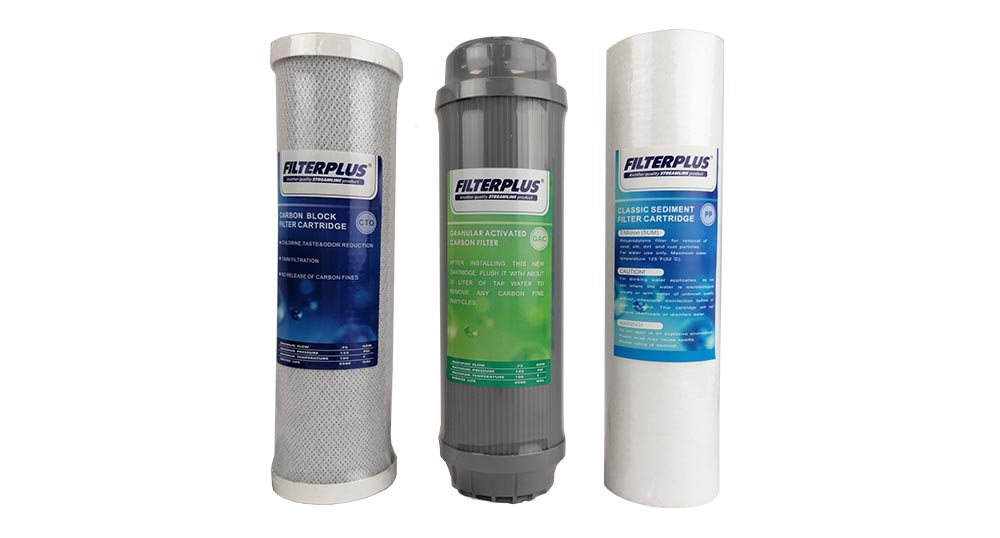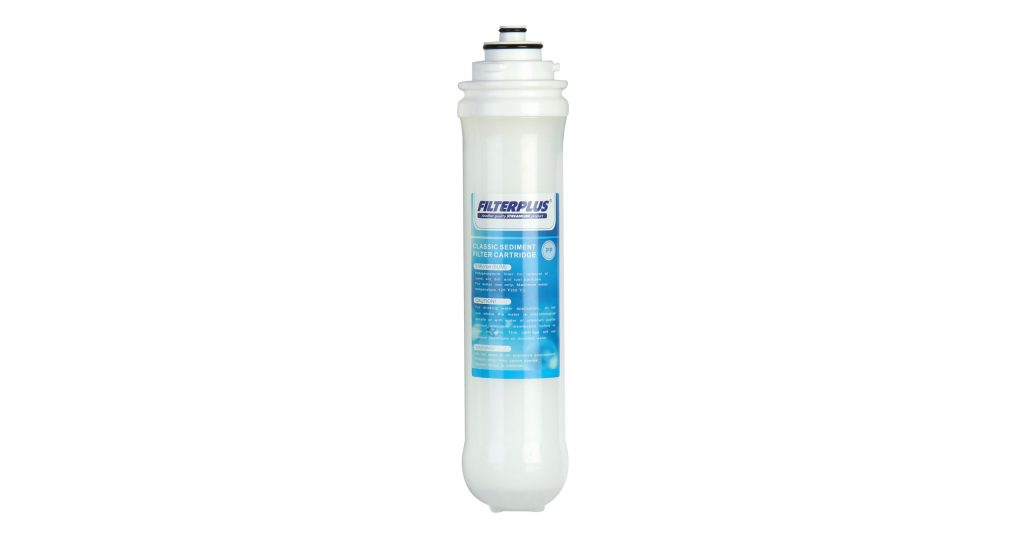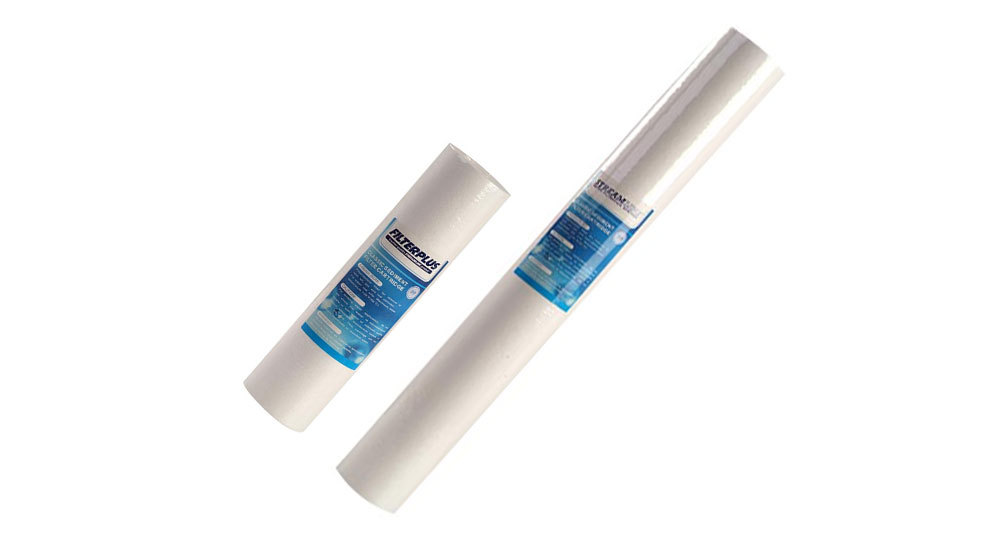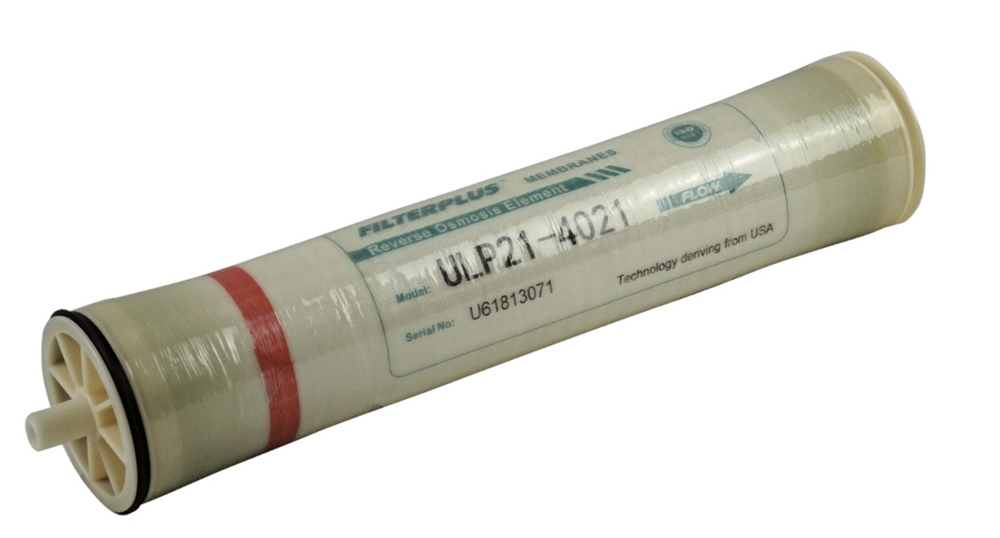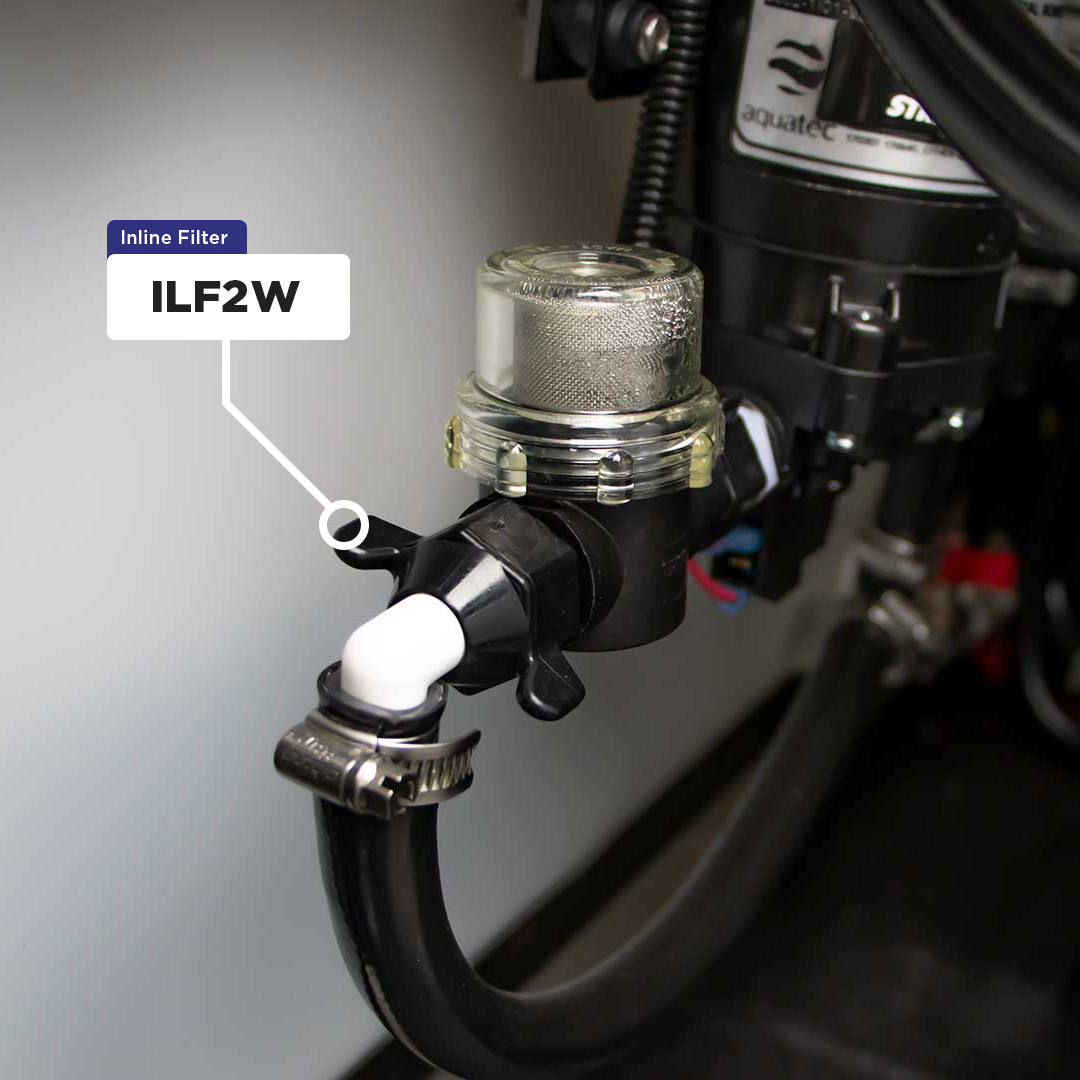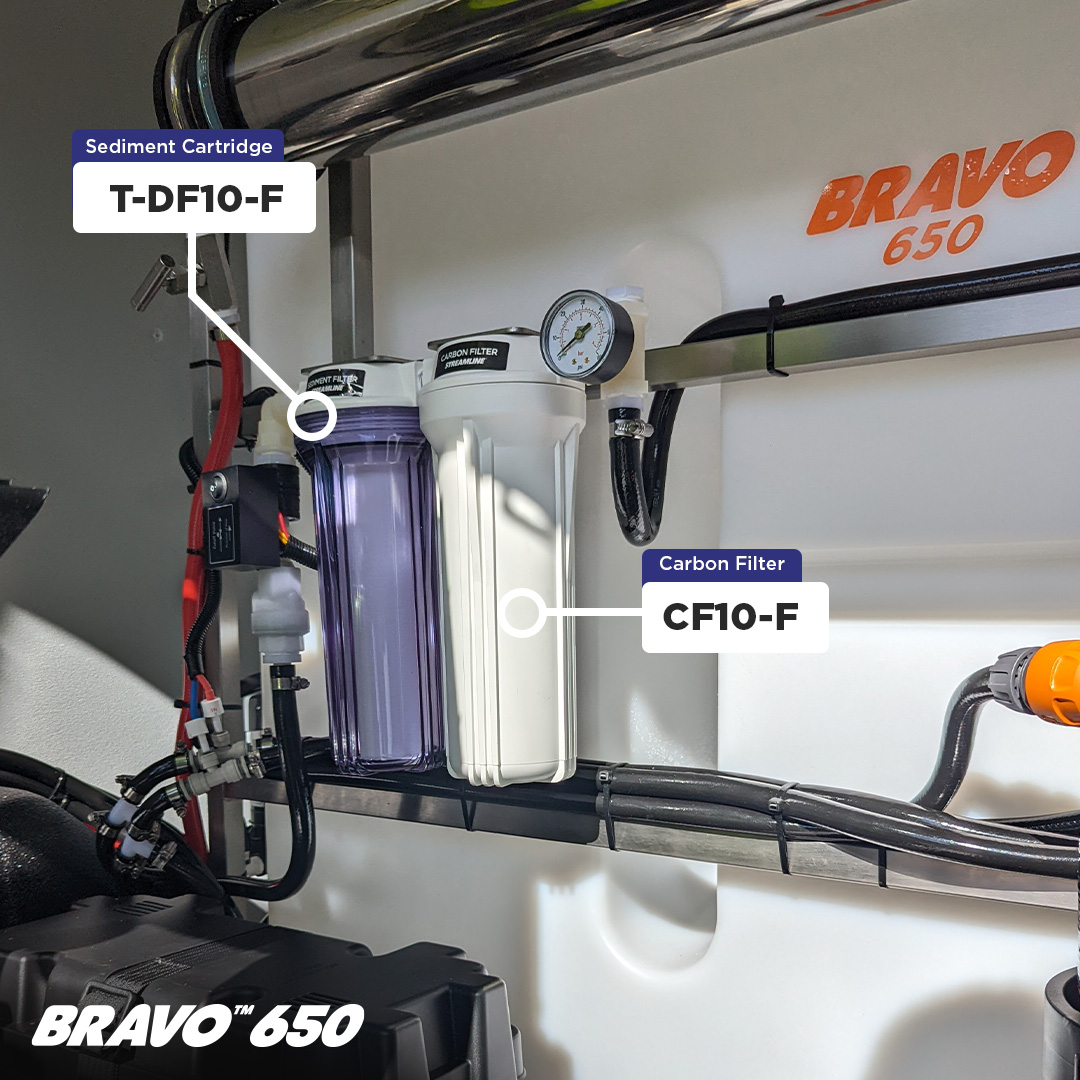Pre-filtration is the process of removing larger impurities from water before it goes through other filters for window cleaning.
There are three different types of pre-filtration used for window cleaning: water is passed through a sediment filter, an optional granulated carbon filter, and then through a carbon filter. Each pre-filter removes smaller and smaller particles, and when used together, they can provide a level of water purity that is essential for the next stages of purification for streak-free window cleaning. These filters are necessary for an RODI system.
Sediment filters
The sediment filters help remove suspended solids from water, such as sand, silt, and rust. Sediment filters can help to protect carbon filters from clogging, and they can also help to prevent these solids from scratching windows.
Sediment filters
The sediment filters help remove suspended solids from water, such as sand, silt, and rust. Sediment filters can help to protect carbon filters from clogging, and they can also help to prevent these solids from scratching windows.
Carbon filters
Carbon filters remove chlorine and other organic compounds from water. Chlorine is a common additive in tap water, but it can leave a residue on windows that is difficult to remove.
Granulated carbon filters
The granulated carbon filters use activated carbon granules to remove impurities from water. Activated carbon is a highly porous material with a large surface area, which makes it very effective at absorbing impurities. The granulated carbon filters help by removing a wide range of contaminants, including further chlorine, organic compounds, and heavy metals.


